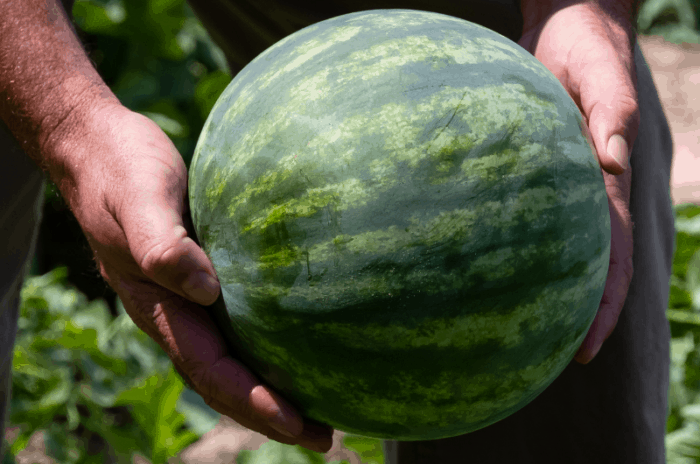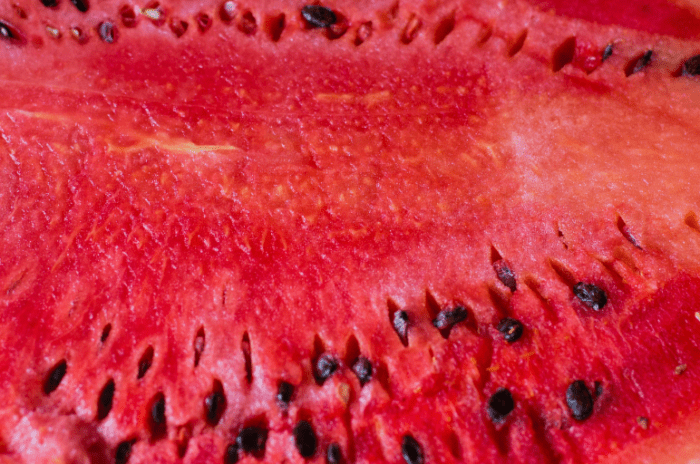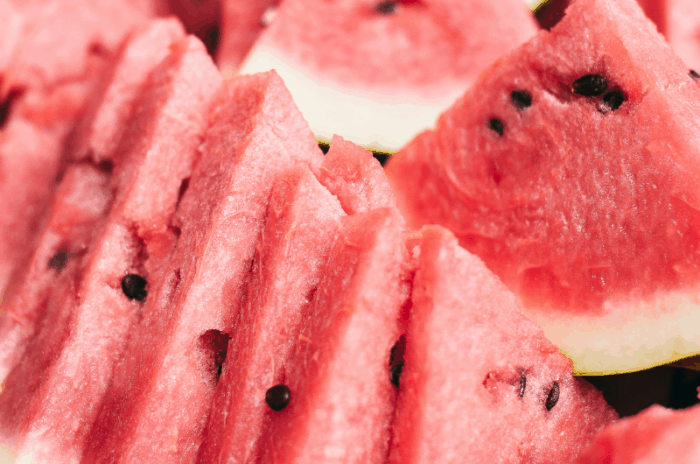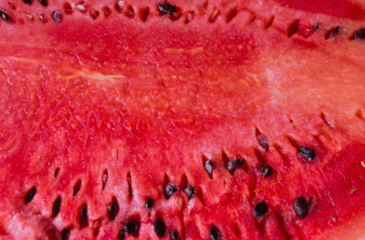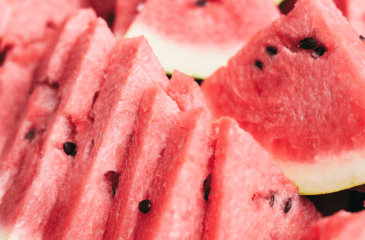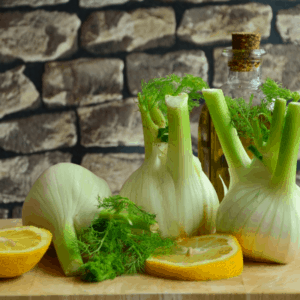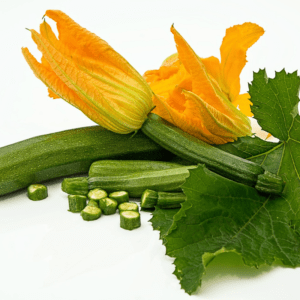The water-rich Watermelon is delightfully sweet, thirst-quenching, and sublimely refreshing. It is the symbol of summer and seasonal fruit par excellence. Apart from its unique melon flavour, watermelon has several nutritional and beneficial properties; those with the reddest flesh can surpass tomatoes in terms of the content of lycopene, an antioxidant which helps in the prevention of tumours and the fight against free radicals.
Originally from Africa, the watermelon plant was brought to Europe by the Arabs; it loves a warm climate and watermelon is grown most in Italy in the regions of Emilia Romagna and Lazio.
There about fifty varieties of watermelon, with different shapes and appearance: round, oval, baby, bright green, striped or mottled with white and yellow. The main varieties grown in Italy are: Romagnola watermelon (medium-large, thin rind, red flesh, yellow pips); the giant Fontarronco watermelon (round, dark green rind with lighter stripes, bright red fibrous flesh, white-brown pips, that can grow to 15 kg in weight); Viadana watermelon, in the province of Mantua; watermelons from Pistoia and Faenza (round large fruit, bright red flesh and black pips). The pips can be eaten, they are high in fibre and have a laxative action, as well as a valuable source of vitamins and mineral salts.
Thanks to its sweet taste, it is particularly used for refreshing drinks and desserts, sorbets, granita and ice cream.
Benefits of eating watermelon:
- for hydration: in general, a watermelon has 92% of water and 8% of sugars commonly found in fruit;
- stimulates diuresis, fights cellulite and is considered detoxifying;
- provides energy: a simple serving can increase energy levels by 23% thanks to its vitamin B6 content;
- benefits for the heart and cholesterol: citrulline, a substance found in watermelon, is beneficial, making it suitable for preventing hypertension and heart disease;
- anti-inflammatory and antioxidant: thanks to the presence of lycopene;
- Helps maintain a healthy weight;
- promotes sleep: it stimulates the body’s production of serotonin, due to its carbohydrate content;
- acts as a natural aphrodisiac: the citrulline present in this fruit is an amino acid that is used by the body for the production of arginine (considered to be a natural Viagra, able to dilate blood vessels and improve the flow of blood to the genital organs).

